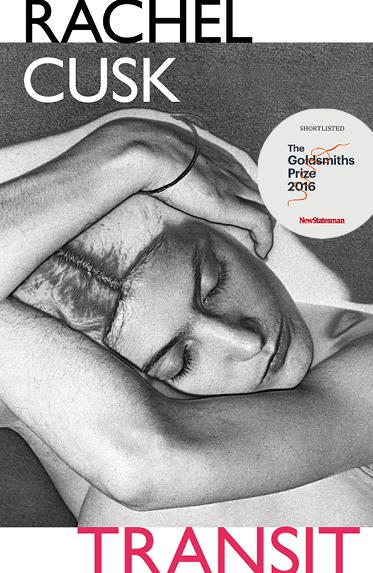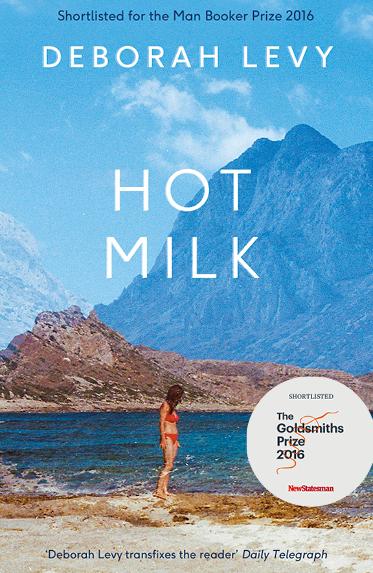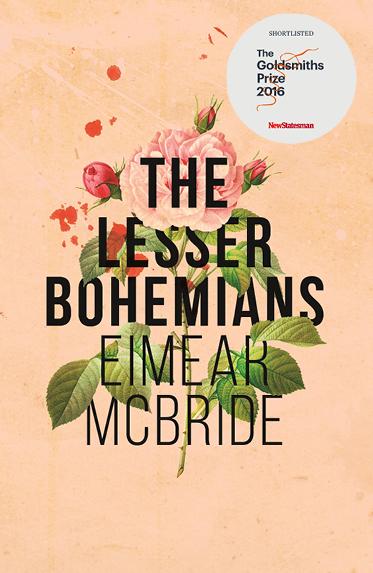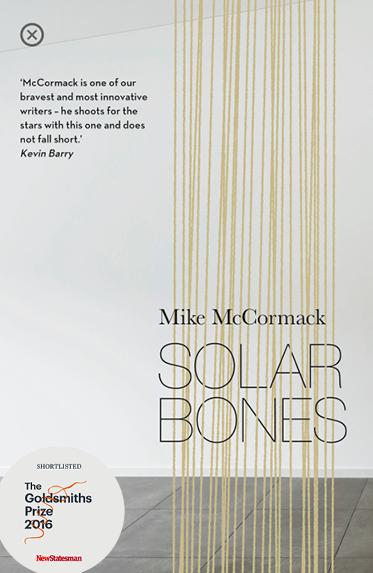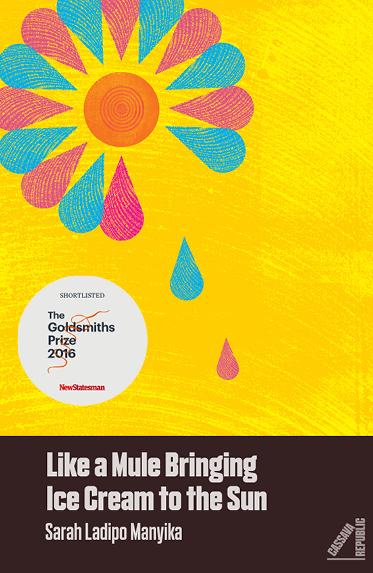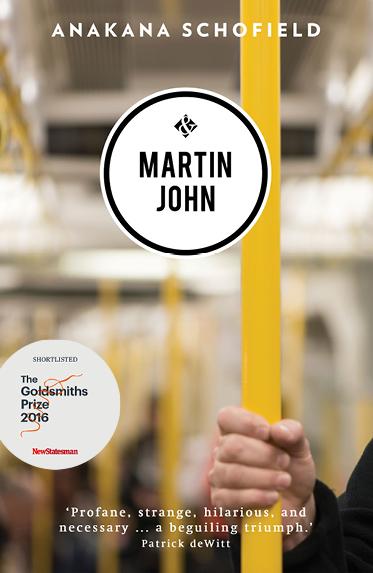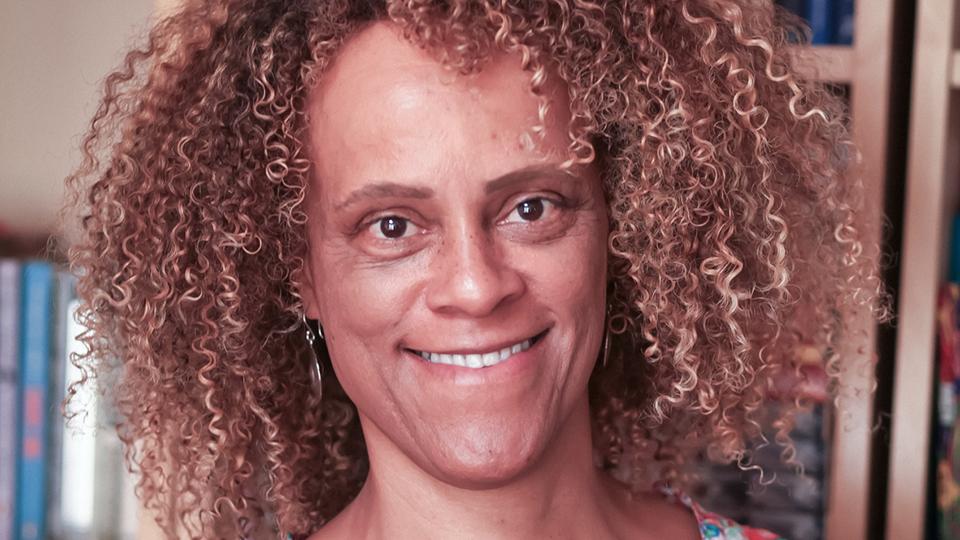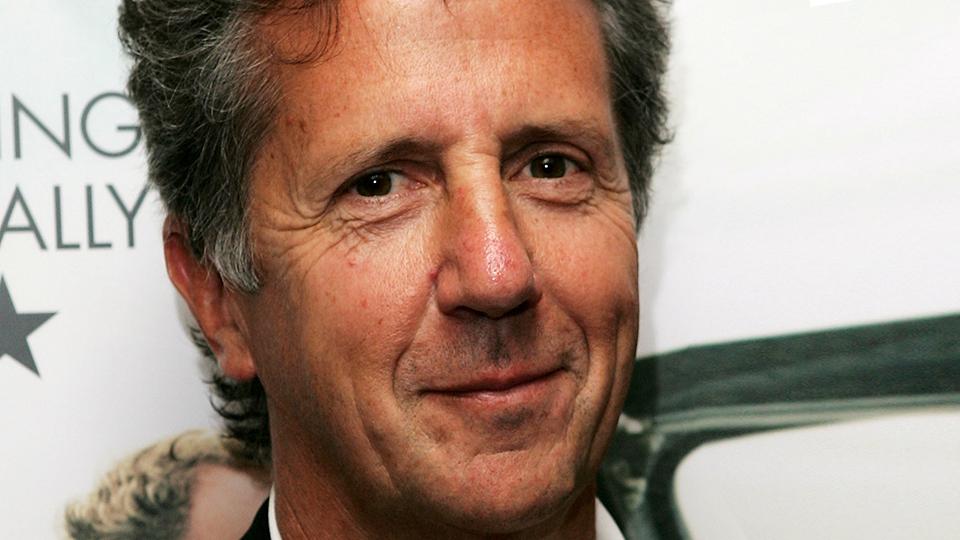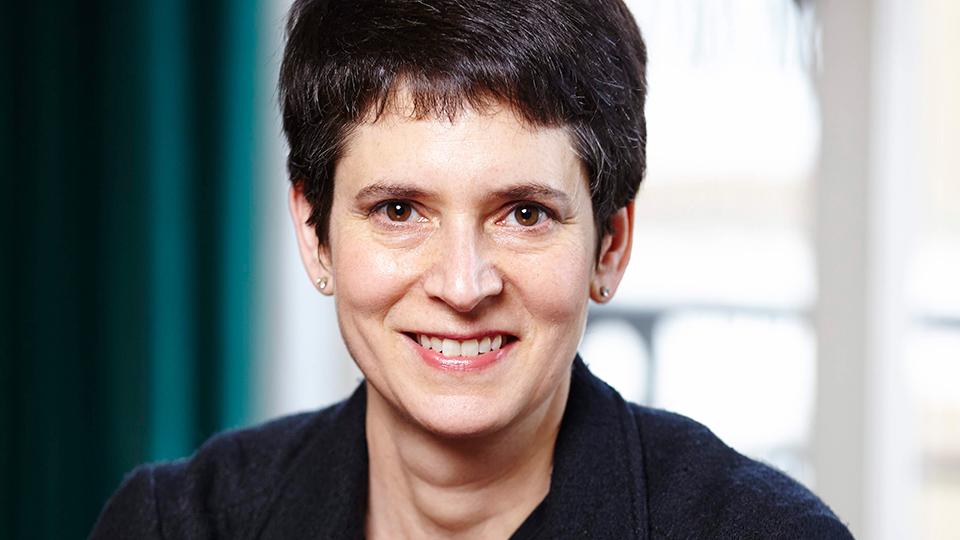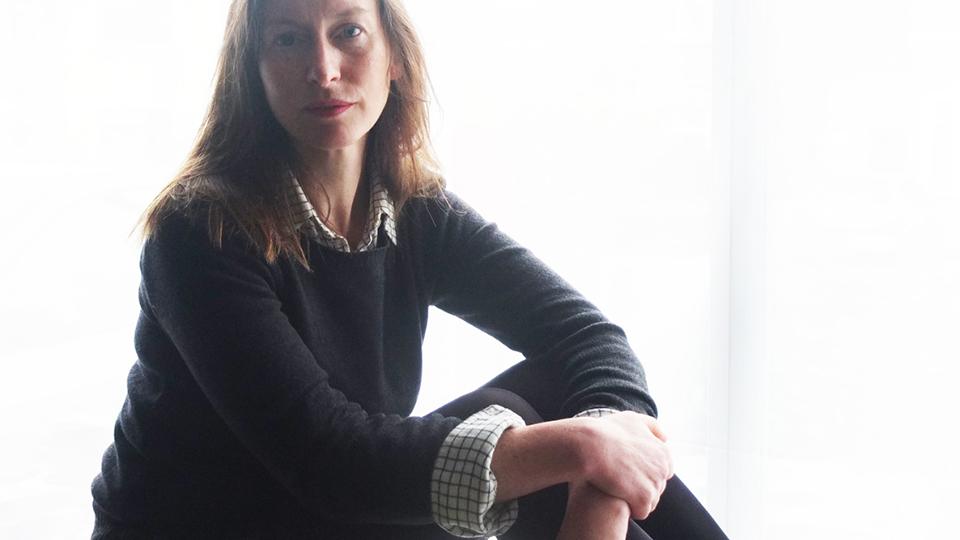The Goldsmiths Prize 2016
Mike McCormack’s Solar Bones is winner of the 2016 Goldsmiths Prize.

Chair of Judges, Professor Blake Morrison from Goldsmiths, says: "Politics, family, art, marriage, health, civic duty and the environment are just a few of the themes it touches on, in a prose that’s lyrical yet firmly rooted. Its subject may be an ordinary working life but it is itself an extraordinary work."
Chair of Judges' Speech
The Goldsmiths Prize 2016: The judges on the shortlist
About the shortlist
"Innovative novels used to suffer from the stigma of ‘difficulty’ but one thing we’ve learned since the Goldsmiths Prize was launched four years ago is what a large and responsive readership they reach. The six books on this year’s shortlist have a wide range of subject matter and idiom but all show the same desire to push boundaries and take risks. Dark areas are explored with a lightness of touch. And serious themes broached (love, sexuality, family, ageing, physical illness, mental distress) with no loss of humour or irony. Narrowed down from an entry of 111 titles, it’s a list the judges arrived at without rancour or compromise, and one that demonstrates the healthy state of British and Irish fiction today." (Professor Blake Morrison, Chair of Judges)
The judges on the shortlist
Erica Wagner on Transit
On the surface, Transit seems to be a conventional novel about a woman reordering her life in the aftermath of separation from her husband. But beneath the surface of Cusk's clear, cool language runs a deep, strange current of fracture and risk. Evil, says the novel's narrator, may not be active, but simply ‘the relinquishing of effort’—an idea which Transit's recessive sheen makes powerfully manifest.
Joanna Walsh on Hot Milk
Levy’s book is a surrealist landscape, a painting by Dali. It creeps up on the reader as a seemingly realist narrative of a mother and daughter who travel to Spain to seek a cure for themselves, for each other. But its so much more. Draped over this 'reality' is a psychological drama that brings the novel's characters, its settings, into the realm of expressionism, symbolism, myth, via the unclassifiable, hypnotic oddness of Levy's prose.
Blake Morrison on The Lesser Bohemians
The story of a young Irish woman who comes to drama school in London and of her intense relationship with an older man, Eimear McBride’s second novel is as boldly innovative as her first—more brightly lit, perhaps, but with no less darkness around the edges. A fractured syntax dominates the opening pages but after a long section in the voice of her lover the prose loosens up. By the end, through her experience of love and sex, the girl has become a fully formed thing.
Bernardine Evaristo on Solar Bones
The life of a middle-aged engineer in the west of Ireland might not sound like a remarkable fictional proposition, but this novel explores the personal, domestic, political, philosophical and global in a free-flowing prose style that elevates it into something quite beautiful and transcendent. Its impressive emotional and intellectual energies fuel a wholly enjoyable reading experience.
Bernardine Evaristo on Like a Mule Bringing Ice Cream to the Sun
A fiction about a septuagenarian black woman is almost completely unchartered territory in British literature, marking it out as innovative subject matter. This novel also eschews plot and employs multiple narrators and subtle shifts in points of view to build a portrait of a Nigerian yoga enthusiast who guards and enjoys her independence, even when circumstances conspire otherwise. It is a unique meditation on loneliness, and the desire to live fully into old age.
Joanna Walsh on Martin John
An unwinding of damaged minds through internalised language, Martin John traces the lives of a sex offender and his mother, as they try to keep him on the straight and narrow. The book is an extraordinary engagement with the words we use to ourselves, to each other, to think about the unthinkable: to deal with the harm we do within families, via systems of punishment and care, as well as the harms we suffer ourselves. Most extraordinarily, Martin John is not only a virtuoso evocation of troubling states of mind: it's alarmingly funny too.
Events
The Goldsmiths Writers' Centre in association with the New Statesman presents:
